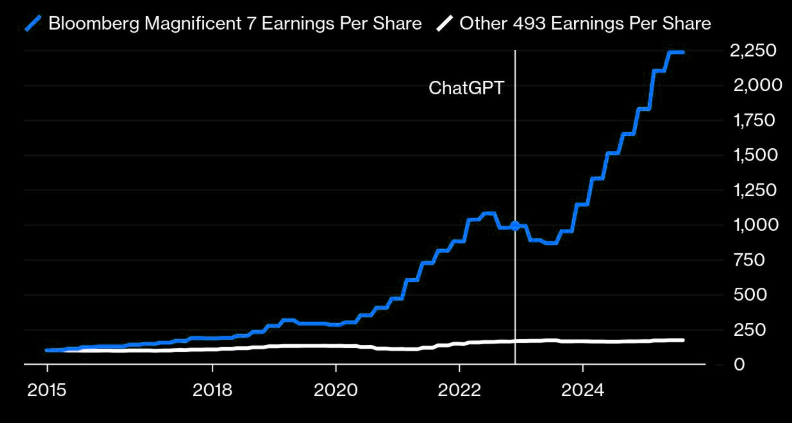
BREAKING: A Melbourne woman is raising alarm over a revolting stench emanating from ornamental pear trees in her backyard, affecting her daily life. Cait Bransgrove described the overwhelming odor as akin to “rotting flesh,” making it impossible for her to enjoy simple pleasures like sipping coffee outdoors.
As spring blooms, many Australians celebrate the season, but for some, the pungent smell of these trees is a grim reminder of nature’s darker side. “It really just hits you in the face,” Bransgrove told Yahoo News. “We’ve got trees next to us that stink like semen.” The offensive aroma is linked to the flowering of ornamental pears, which are notorious for their strong, unpleasant scent that has drawn widespread attention across social media.
Why does it smell so bad? According to horticulturist Dr. Gregory Moore from the University of Melbourne, the foul odor is a strategic adaptation to attract pollinators. “The ornamental pears have a very pungent smell… like rotting flesh or fish… that’s designed to attract carrion feeders, such as flies and beetles,” Dr. Moore explained. This tactic helps ensure that the trees can effectively spread their pollen, despite the discomfort it causes to nearby residents.
Planting these trees has become a common practice in Australian gardens and urban landscapes since their introduction in the mid-1900s. While their white blossoms are visually appealing, their scent has turned them into an unexpected nuisance. “They’re everywhere,” Bransgrove lamented. “The smell should remain in your bedroom, not in your backyard.”
Invasive concerns: Although ornamental pears currently do not pose a significant invasive threat, experts caution that their proliferation could lead to problems in the future. Dr. Moore warned that large tree species can become “weedy,” complicating control efforts once they spread beyond intended areas. “By the time people realize trees are a weed problem, it’s very difficult to control them,” he noted.
As communities grapple with the consequences of these smelly trees, residents are urged to remain vigilant. Dr. Moore’s insights serve as a reminder of the complexities of urban planting choices and the unforeseen effects they can have on daily life.
As the debate over these trees continues, many Australians are sharing their experiences online, with social media buzzing with reactions and tips to manage the olfactory assault. For those affected, the situation has become a topic of urgent discussion, highlighting the intricate balance between nature and urban living.
What’s next? Residents and local authorities may need to consider alternatives for landscaping that do not compromise air quality or comfort in their backyards. In the meantime, those like Cait Bransgrove are left to navigate the aromatic challenges of their once-peaceful outdoor retreats.
Stay tuned for more developments on this story as it unfolds. Do you have a story tip? Email: [email protected]. Follow us on Facebook, Instagram, TikTok, Twitter, and YouTube for the latest updates.






